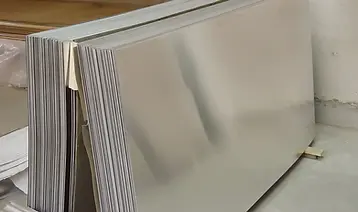
Injection Moulding Tool Materials
P20 Tool Steel
A pre-hardened tool steel is widely used for injection moulding tools.
Pros: Good machinability, decent wear resistance, affordable, suitable for medium-volume production.
Cons: Not ideal for extremely high-volume runs; may wear faster than hardened steels.

Stainless Steel (e.g., 420 or 440C)
Used when corrosion resistance is critical, such as for moulding corrosive plastics.
Pros: High corrosion resistance, good polishability (great for optical or medical parts).
Cons: More costly and brittle than standard tool steels; slower machining.

H13 Tool Steel
A hardened, high-performance steel used for high-volume or high-temperature moulding.
Pros: Excellent durability, heat resistance, and wear resistance. Suitable for aggressive materials, such as glass-filled plastics.
Cons: More expensive and more complex to machine than P20; longer lead times.

Aluminium (e.g., QC-10, 7075)
Used for prototype or short-run moulds.
Pros: Fast machining, cost-effective for low-volume runs, excellent thermal conductivity (faster cycle times).
Cons: Wears quickly, not suitable for abrasive materials or high-volume production.

